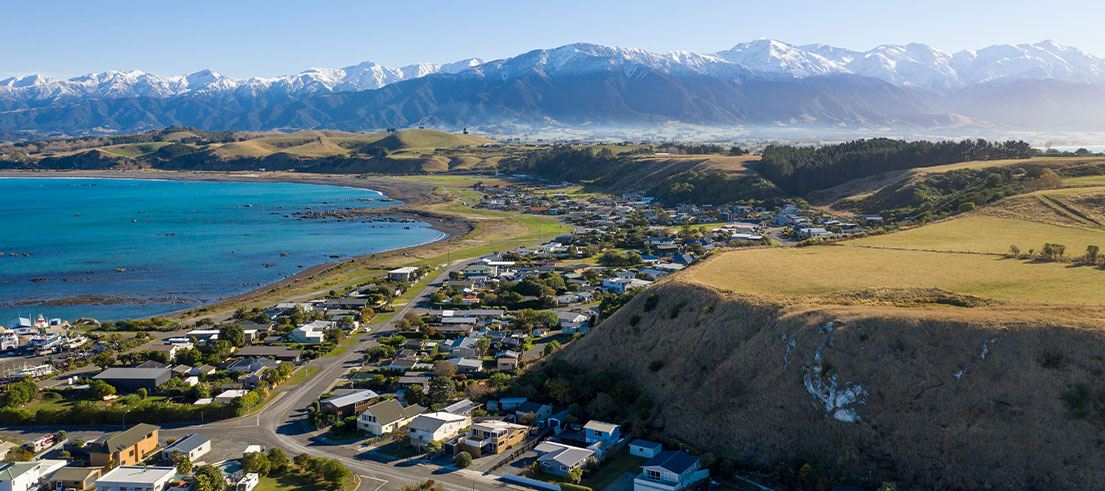
Water zone committee supports Kaikōura’s new trap library
The Kaikōura Water Zone Committee (KWZC) has supported the establishment of a local trap library. The Department of Conservation (DOC) initiative gives community members the chance to hire pest traps for free, building towards the national goal of Predator Free 2050. Pest management is essential to help prevent the spread and impact of pest animals in our region.
The committee agreed in February to support the allocation of $10,000 towards the library, which goes towards purchasing traps, allowing the community to get more involved in conservation efforts.
A different kind of library
The idea for the library followed a number of requests to DOC from the community wanting to get involved in backyard trapping.
The library aims to help protect our native wildlife through community backyard trapping. It allows community members to try a range of traps to see which works best for them. This gives people certainty before going and purchasing traps of their own if they wish.
Initiative gets underway
DOC community ranger Jemima Rodden said she is excited for the library to get underway.
"COVID-19 shipping disruptions meant we’ve been waiting on traps for the library for a while, so it’s awesome to have everything all ready to go now," she said.
A number of community workshops will be held to ensure everyone is aware of how to use the traps.
"Our first workshop is being planned for November, with exact details still to be confirmed. We will plan others if community interest is there," she said.
Committee happy to support
Committee member Gina Solomon said they are proud to support the initiative.
"We’re looking forward to seeing the positive impact it has within the community," she said.
Gina said the workshops will be particularly beneficial as community members will be able to ask any questions they have about trapping and traps directly to the experts in the field.
"It’s especially awesome because the project also supports our action plan goals of identifying and advocating for priority areas to improve environmental outcomes as well as promoting kaitiakitanga as a responsibility for all," she said.
For more information
- For more on the library, email Jemima Rodden at jrodden@doc.govt.nz
- Learn more about Predator Free 2050
- Find out more about the water zone committee
